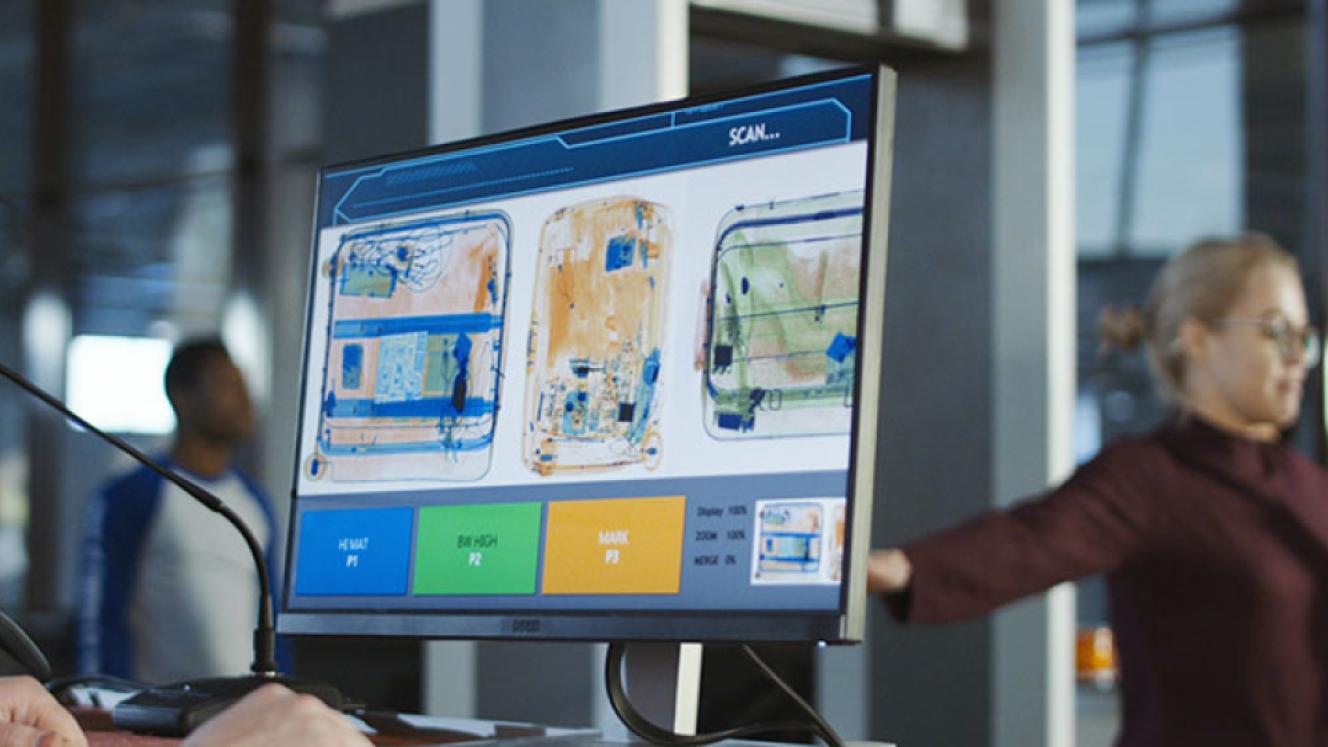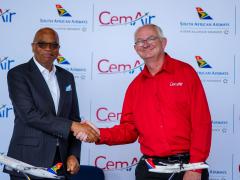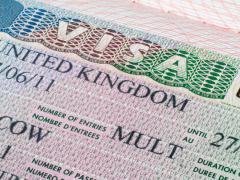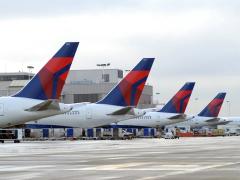Acsa has lost an appeal against a November 2024 court decision which prevented it from taking control over hold baggage screening at OR Tambo and King Shaka airports.
The appeal by Acsa and the South African CAA was sought in order to allow Acsa to take control of hold baggage screening services (HBS) at the two international airports. This appeal was dismissed by the Gauteng High Court on Friday, May 2.
The Court’s ruling affirmed that Aviation Co-ordination Services (ACS) is currently mandated to manage HBS services and thus has the legal authority to procure and install the equipment. The ruling also blocks any attempt by Acsa to override or bypass ACS’s existing role in HBS services, while the main review of Acsa’s plan to insource HBS is still before the courts.
Acsa’s plan
In June 2024, Acsa unexpectedly announced plans to terminate ACS’s role and insource baggage screening services. It issued a R3,15 billion tender for HBS equipment.
Acsa argued that it was supposed to be responsible for the baggage services, and that ACS had been running the services without a formal tender. However, ACS contended that it was the airlines which were responsible for providing HBS services at airports, and that ACS was legally mandated by the airlines to operate and manage the services.
“ACS was established by the airlines as the vehicle to carry out their mandate and is therefore responsible for not only purchasing screening equipment, but also operating, maintaining and upgrading when necessary,” explained ACS CEO, Duke Phahla, in response to Travel News questions.
According to Phahla, ACS was forced to seek legal relief in June 2024 over Acsa’s decision to take over HBS, after ACS had undergone seven years of Acsa blocking ACS from replacing ageing equipment, despite clear warnings from the manufacturers.
Phahla explained that, while ACS is responsible for procuring and servicing HBS equipment, they require permissions from Acsa and the SACAA to make such significant modifications to airport infrastructure, and to adhere to their operational and legal roles.
“Since 2018, Acsa has refused to grant approval for ACS to proceed with necessary upgrades, even though the machines had clearly reached the end of their operational lifespan. So, the delay was not due to inaction on ACS’s part - it was the result of institutional obstruction,” said Phahla
In November 2024, the court ordered the SACAA to approve the replacement of the HBS equipment at OR Tambo and King Shaka International Airports and also ordered Acsa to allow the process to be completed.
However, Acsa and the SACAA contested the verdict through an appeal, arguing that it should not be enforced while the review of Acsa’s plan to insource HBS services was ongoing.
The court judgment on May 2 upholds the High Court’s verdict of November 2024, that required Acsa and the SACAA to allow ACS to replace the outdated equipment.
ACS applauds verdict
Phahla applauded the judgment, saying it protected operational stability and prevented uncoordinated, parallel processes that could compromise aviation safety.
He said the verdict would assist ACS with the prompt replacement of four new Level 3 back-up screening units at OR Tambo and King Shaka International.
“The equipment has been procured and is ready for installation. We are now finalising the logistics and expect installation, including commissioning and training, to be completed within a month or two, assuming no further delays,” said Phahla.
In an interview with Jeremy Maggs on the MoneyWeb at Midday podcast, Phahla claimed that Acsa’s decision could be an attempt to increase their control over aviation services.
“Acsa’s decision really was about control,” said Phahla. “But the airline industry is a tight-knit industry and it can’t rely on only one service provider.”













